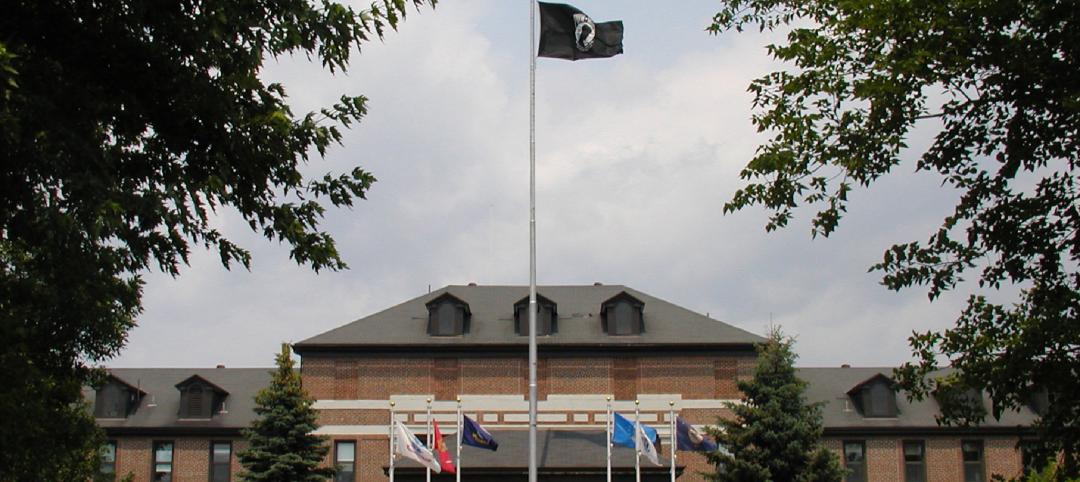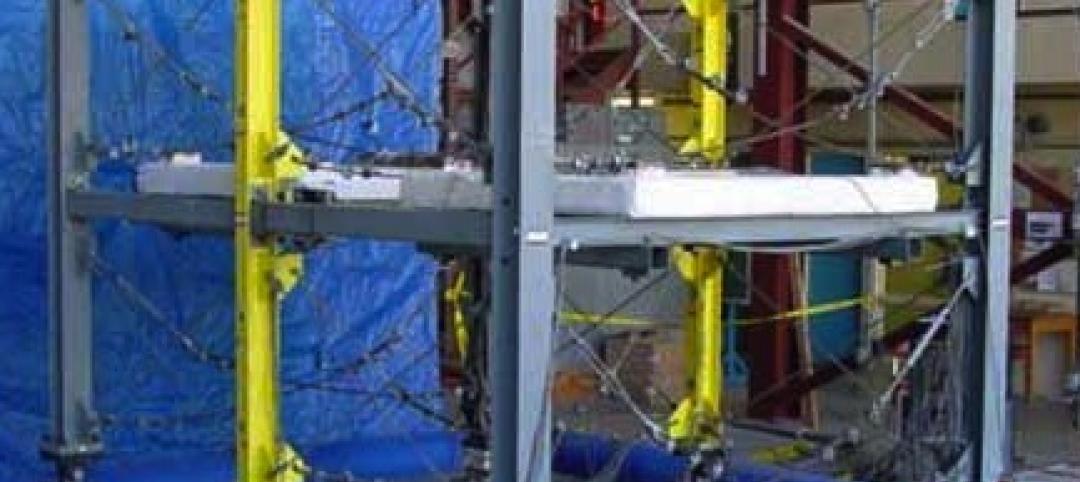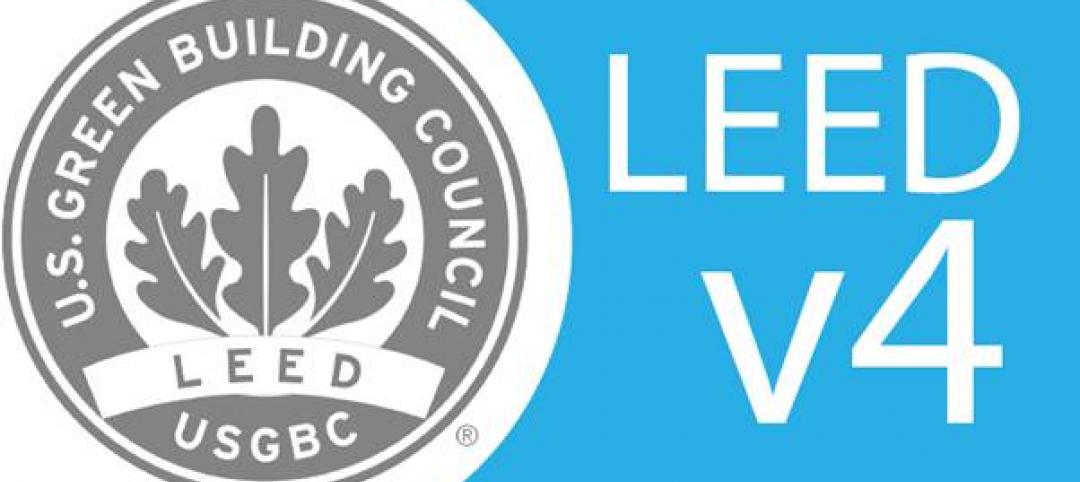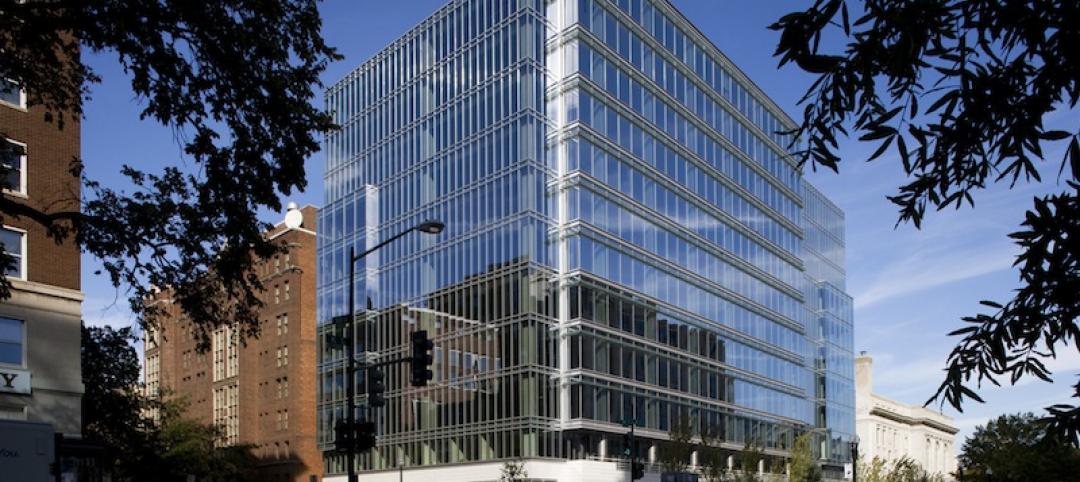The benefits of installing solar arrays on the rooftops of commercial buildings continue to grow.
Reduced hard costs due to falling prices, along with a more favorable regulatory environment, have magnified potential income from rooftop solar. The most common financial arrangement has been for the property owner to own the solar system, pay for the installation, and use the energy generated by the system to offset utility costs via net metering.
Another option is a solar site lease model. The owner of the property leases roof space to an experienced solar developer that finances and owns the solar array. The owner of the property makes money from rooftop lease payments—typically for 20+ years.
A similar option to solar site leases is a Power Purchase Agreement (PPA), in which the property owner signs a contract to purchase electricity generated by the array at rates below the utility retail rate. The solar developer pays for the system and uses the roof space at no cost.
Beyond such direct financial benefits, rooftop solar can help properties achieve compliance with ever more stringent environmental regulations. For example, some jurisdictions have passed laws that will penalize buildings that have not taken steps to reduce their carbon emissions.
Related Stories
| Oct 31, 2013
IECC code updates include better lighting controls and new HVAC technology
The proposed new code will increase the mandatory installation of occupancy sensors and daylighting controls to many new types of spaces.
| Oct 31, 2013
Effects of green, white roofs to be compared at Walmart in Oregon
Portland State University will construct a 40,000 sf green roof research site on the top of a new Walmart store in North Portland, Ore., and compare it to a 52,000 sf section of roof with a white membrane.
| Oct 31, 2013
GSA okays Green Globes; USGBC counters forestry industry concerns
Green Globes, a LEED rival, was recently declared to be nearly equal with LEED standards by the General Services Administration.
| Oct 25, 2013
California struggles with updated seismic codes
In California, there are still hundreds of concrete buildings that need reinforcement to bring them up to the new seismic code.
| Oct 24, 2013
Supplement No. 2 to AISC 358-10 Prequalified Moment Connection Standard available for public review
Supplement No. 2 to the American Institute of Steel Construction (AISC) standard Prequalified Connections for Special and Intermediate Steel Moment Frames for Seismic Applications (AISC 358-10) is now available for public review.
| Oct 24, 2013
Changes in LEED v4 will have large impact on materials manufacturers
Changes to LEED in LEED v4 are so dramatic that they will send ripples into other industries and shift expectations on sustainability reporting and performance far beyond the building industry.
| Oct 24, 2013
D.C. office buildings going green at twice the national average
In 2011, about 33% of new office buildings in the U.S. were built to green standards, but in the nation’s capital that rate has skyrocketed.
| Oct 18, 2013
AGC considers suit over new hiring goals for vets, disabled
The Associated General Contractors of America and the HR Policy Association are reportedly considering taking legal action over the Labor Department's new hiring goals for veterans and disabled people.
| Oct 18, 2013
Cities may be more capable of driving sustainability than nations, experts say
With countries not tackling climate change aggressively, cities are in the best position to drive increased sustainability.
| Oct 8, 2013
Kansas City board OKs $1.6 billion TIF for $4.3 billion redevelopment project
Kansas City’s Tax Increment Financing Commission voted unanimously to forward the Bannister & I-435 TIF Plan to the Kansas City Council for approval.
















